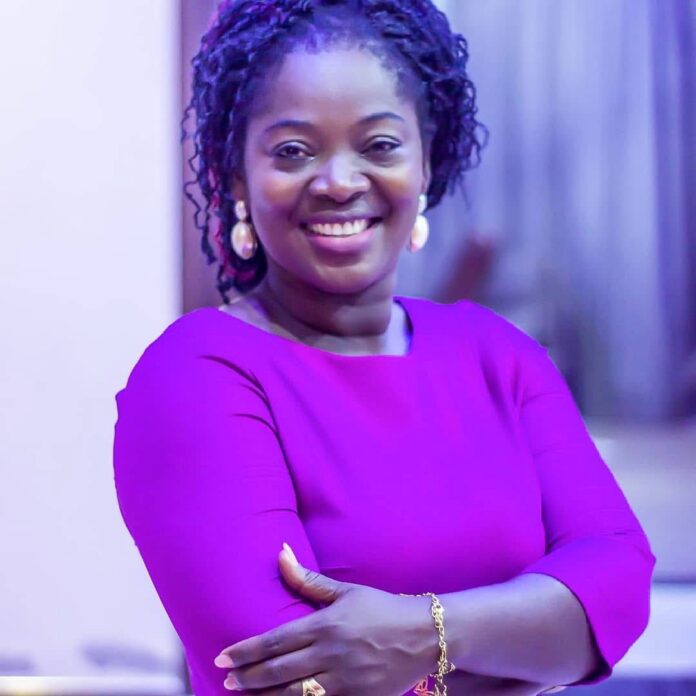Across Ghana, especially in rural communities, the elderly face increasing abuse, neglect, and discrimination, mostly misunderstood as a result of their aging conditions.
Advocates urge awareness, patience, and implementation of long-overdue policies to protect the rights and dignity of older citizens.
Elderly abuse has become a growing concern in Ghana, particularly in the regions of the north where cultural beliefs and economic pressures often lead to mistreatment.
Many older folks, suffering from physical and mental health issues, are wrongly tagged as witches or wizards. Some are even subjected to public beatings and ridicule, such as the 2020 “Kafaba” incident where a 90-year-old woman was whipped after being accused of witchcraft.
Founder of the Guardians of the GrayMasters Foundation, Abigail Miezah, says the abuse arises largely from a lack of understanding about aging and the emotional and physical demands of caregiving.
In an interview on LUV FM, she explained that many caregivers become overwhelmed, especially when faced with the financial and emotional burden of caring for elderly relatives who may be suffering from mental health.
Abigail noted that financial strain is a key factor leading to elderly abuse. With limited resources, caregivers are often expected to support both their immediate families and their aged parents.
The pressure can lead to frustration and even resentment. Tasks like cleaning up an elderly person who can no longer manage basic hygiene can be psychologically demanding, particularly when caregivers lack proper training or support.
Though Ghana’s 1992 Constitution touches on issues of abuse and discrimination (Articles 17, 24, 25, and 29), there is little specific protection for the elderly.
The National Aging Policy, while formulated, has yet to be implemented, leaving a significant gap in safeguarding older adults’ rights.
Ms. Miezah compared Ghana’s situation to that in Western countries, where older adults are often placed in nursing homes. While this offers peer interaction and structured care, it can also lead to loneliness and abandonment.
In Ghana, the elderly typically remain in family homes and have their grandchildren around, offering them companionship though this advantage is lost when the younger ones are away or not involved.
Ms. Miezah emphasized the importance of public education about aging and the mental health challenges elderly people face, such as depression, isolation, and poverty.
She advocated for expanding events like Senior Citizens’ Day into local communities to give older adults a chance for social engagement and to share their experiences and skills.
She further echoed the call for family members and youth to treat older relatives with respect and compassion, stressing that today’s youth will also grow old one day.
“Some older adults are living poorly today because they spent everything on our education,” she said, highlighting the need for gratitude and responsibility.
To combat elder abuse, the Guardians of Gray Master Foundation has begun training programs to educate caregivers and families on how to properly care for the aged. These programs focus on understanding the aging process, managing stress, and offering practical caregiving skills.
“If we want society to treat the aged well, it starts with how we, as family members, value them. That value will echo through the community,” Abigail emphasized.
The World Elder Abuse Awareness Day is commemorated on June 15, Ghana stands at the brink of how it treats its elderly population. With increased awareness, the implementation of protective policies, and a cultural shift towards empathy and support, elderly abuse can be reduced as very citizen has a role to play because aging is a journey we will all take.



